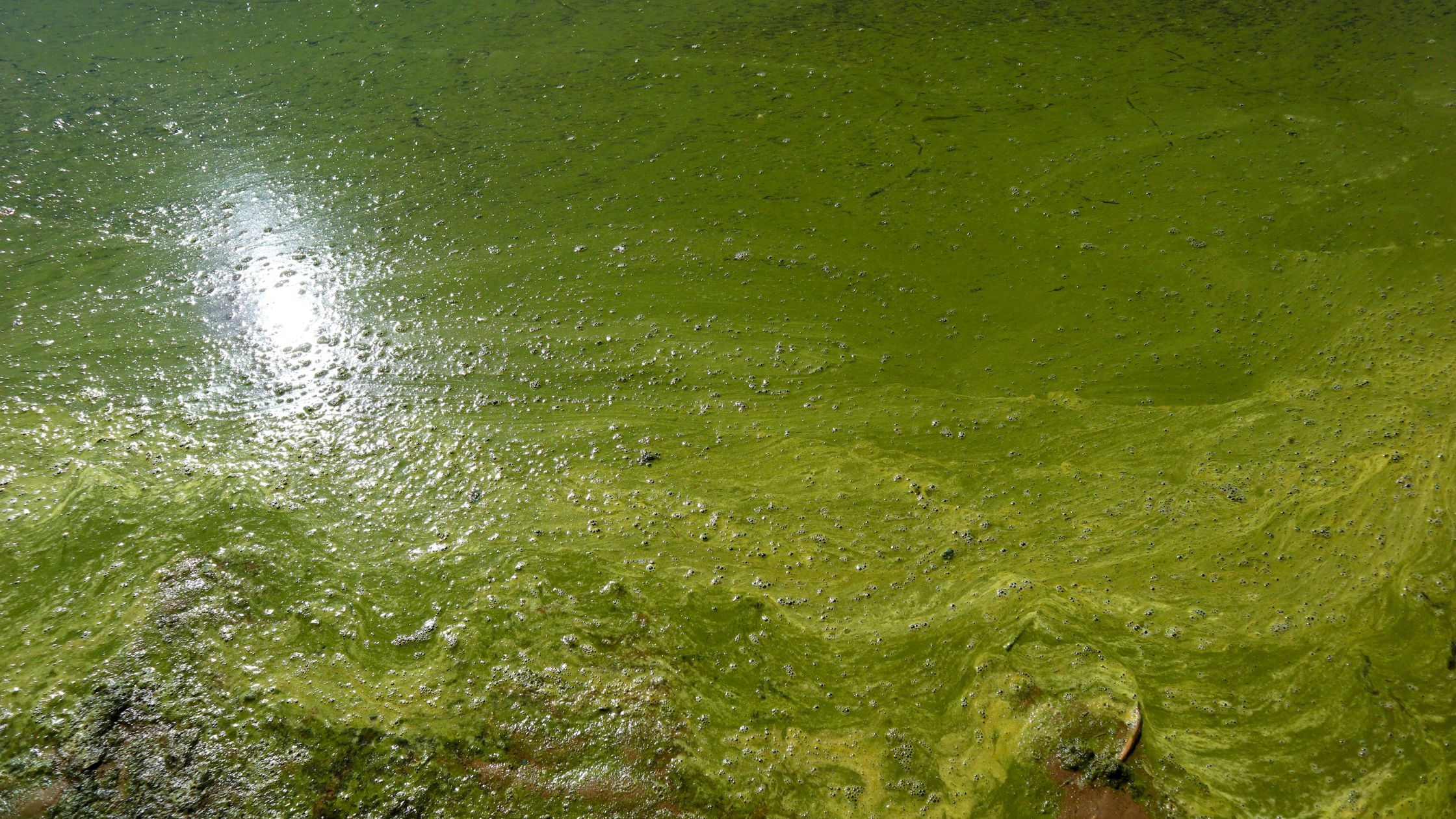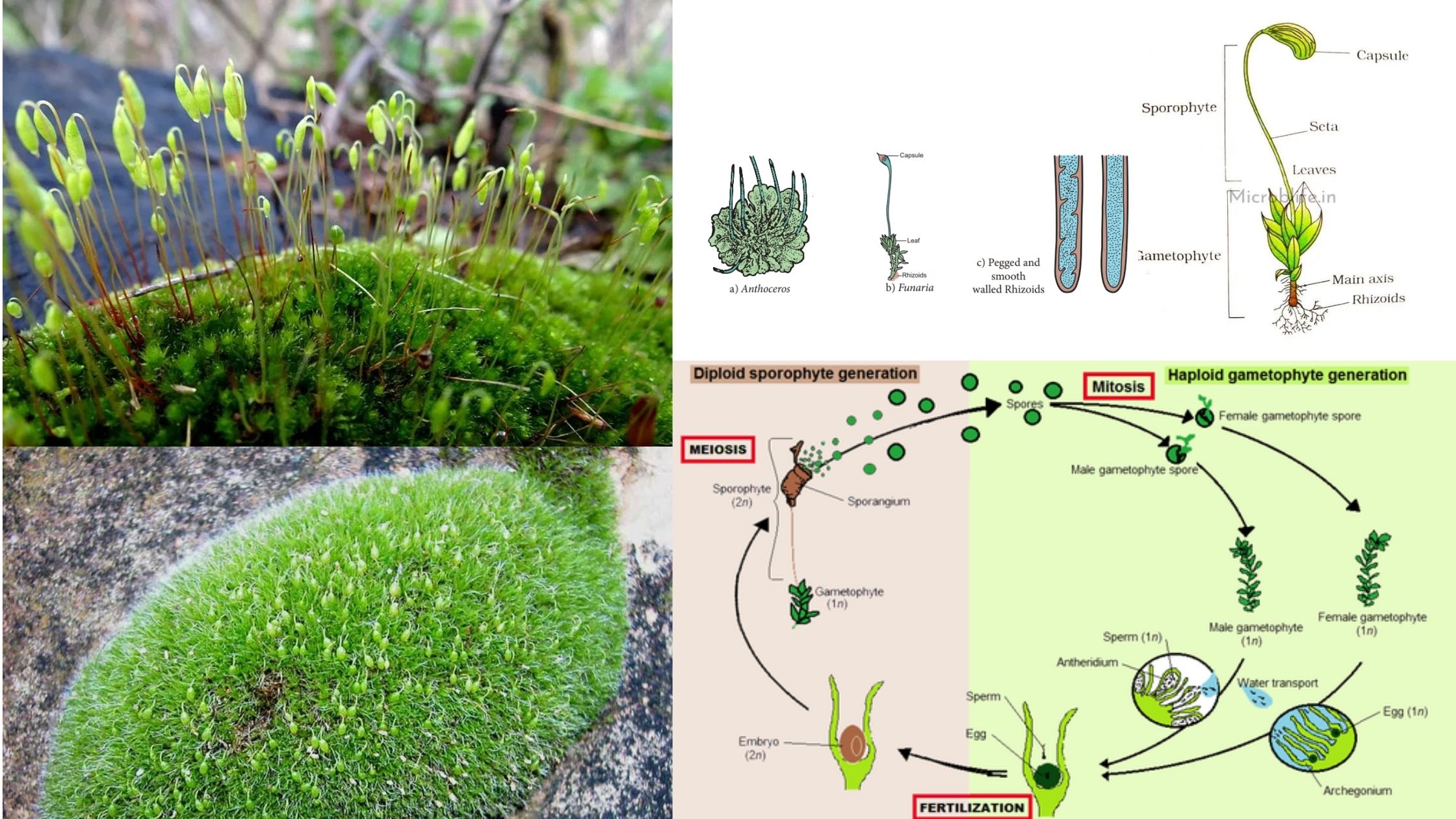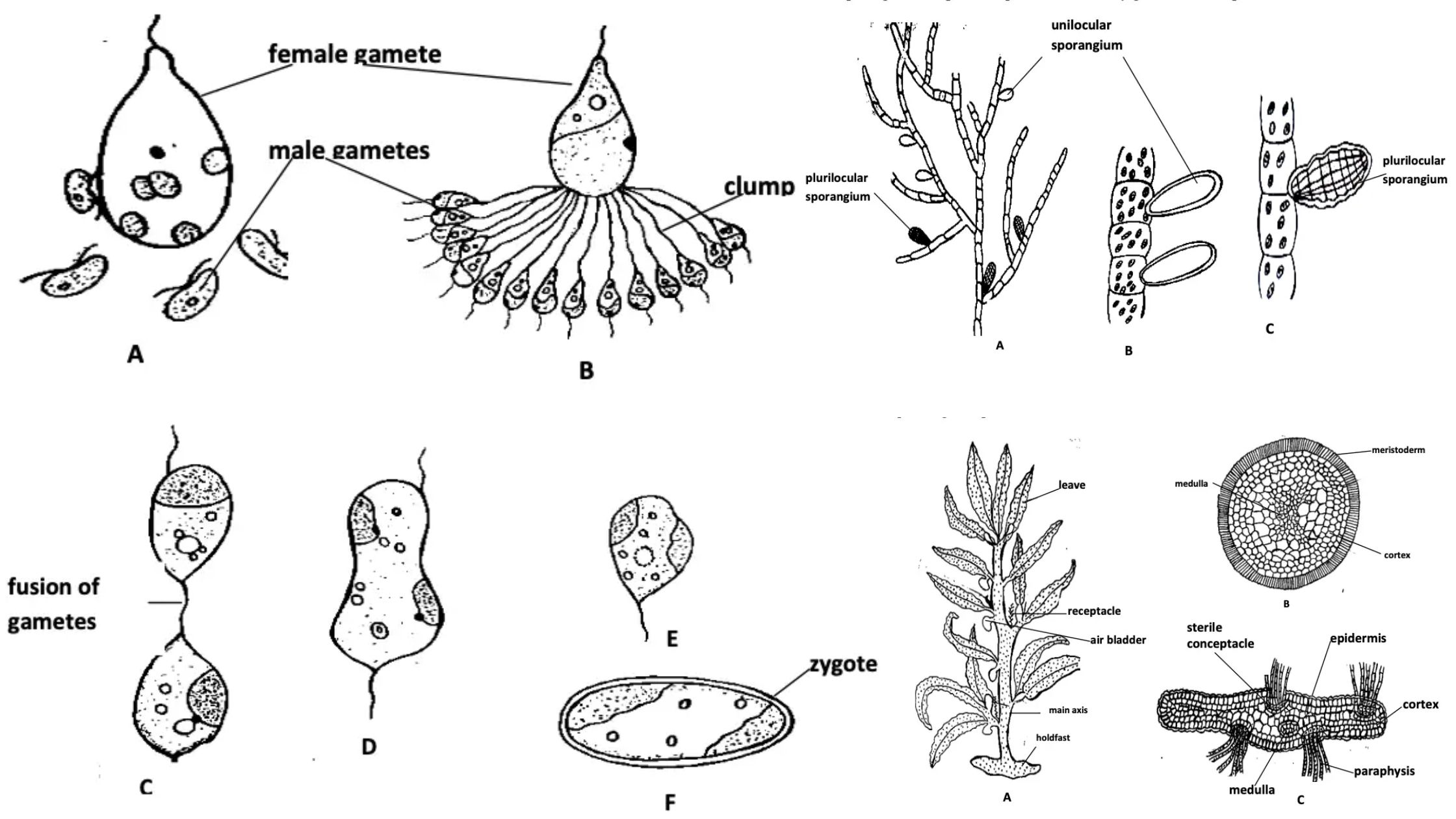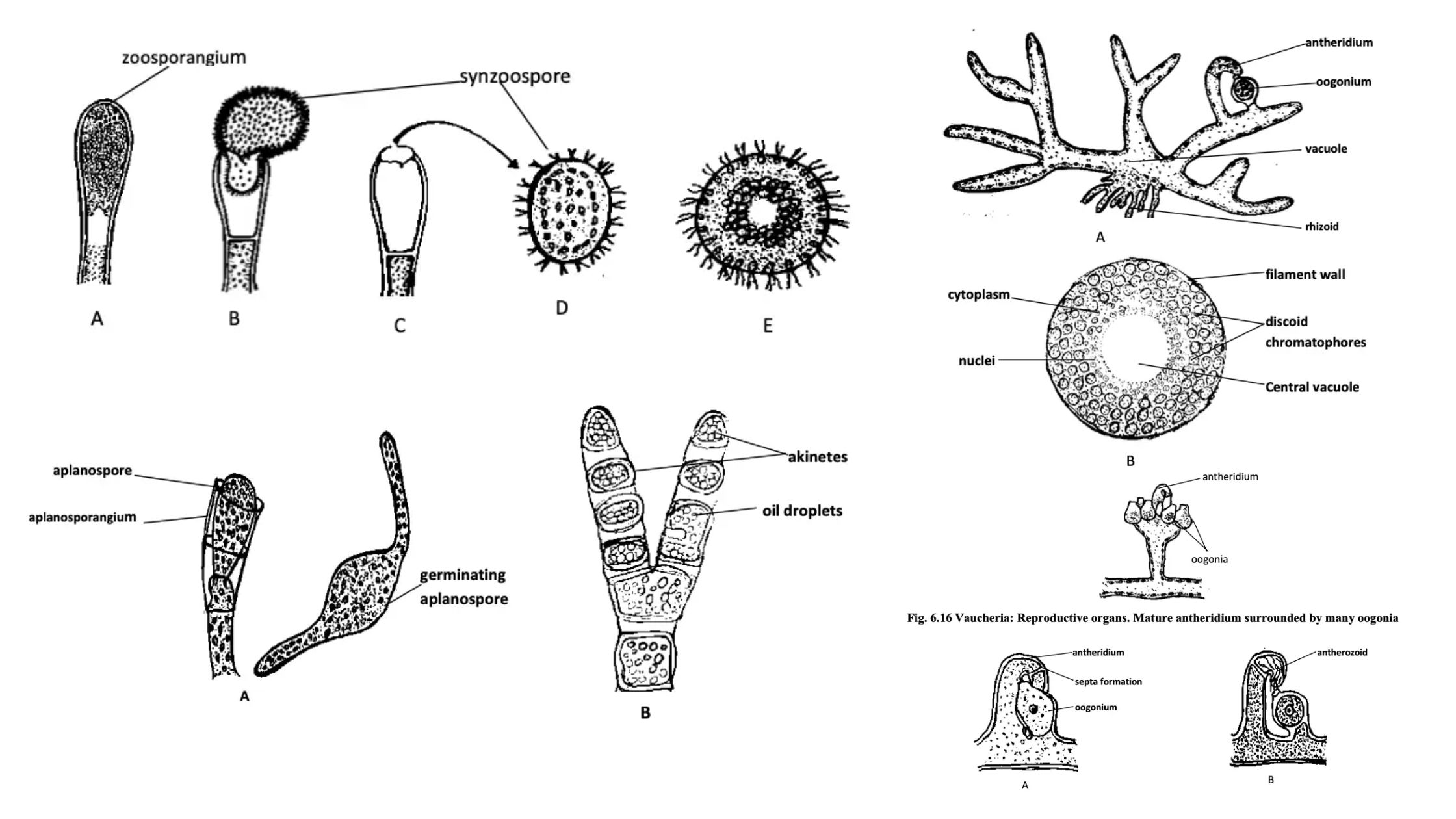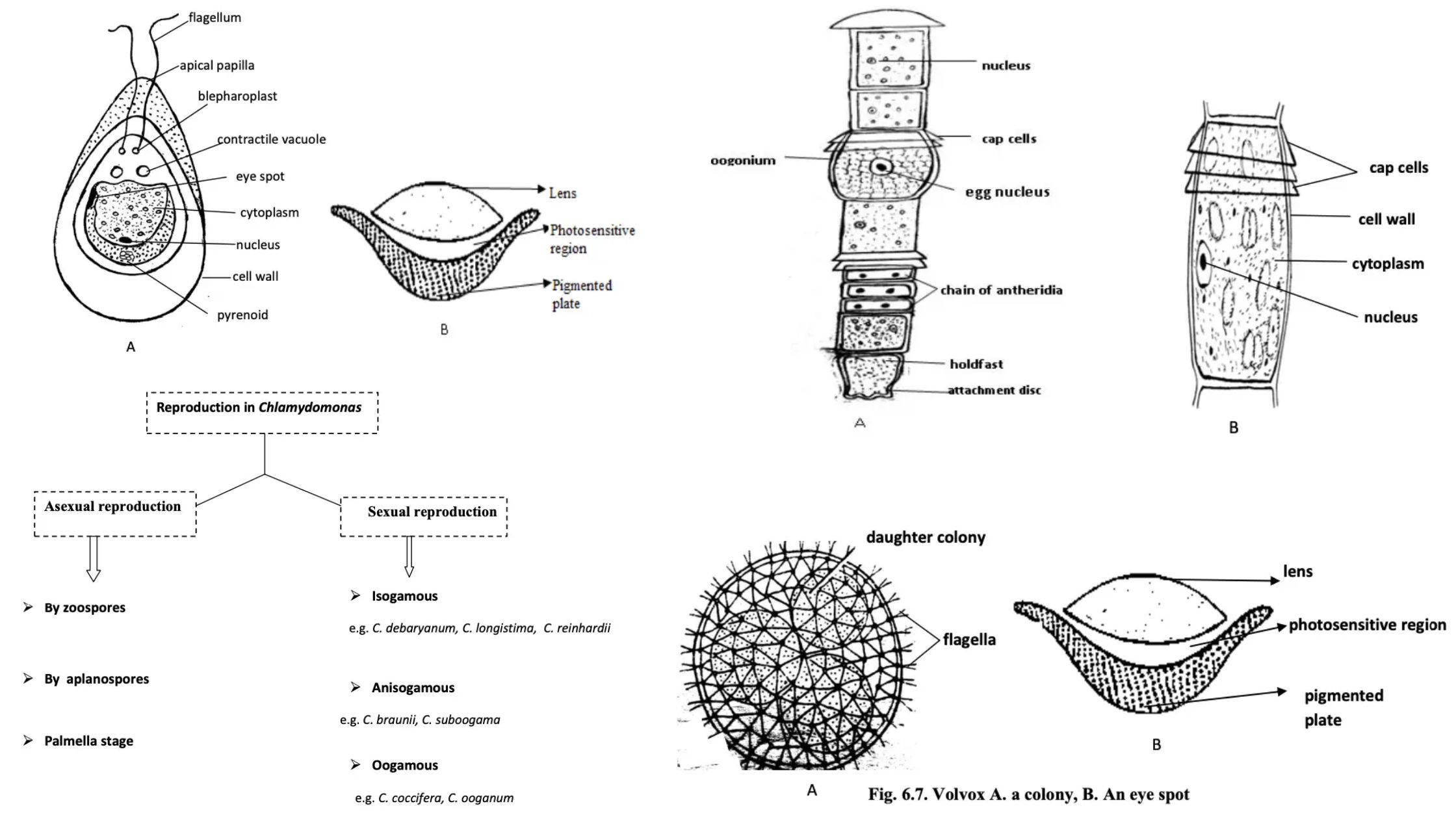Applied Phycology – Role of algae in the environment, agriculture, biotechnology and industry
What is Phycology? Phycology, also known as algology, is the scientific study of algae. This branch of biology focuses on various aspects of algae, including their classification, physiology, ecology, and distribution. Here are some key points regarding phycology: Role of algae in the environment Algae play a crucial role in the environment, contributing to various … Read more
